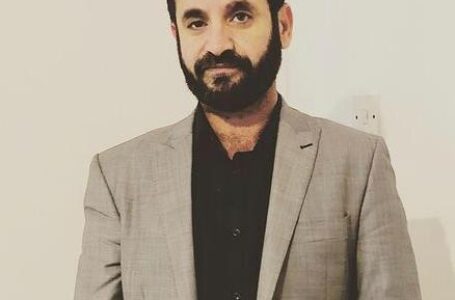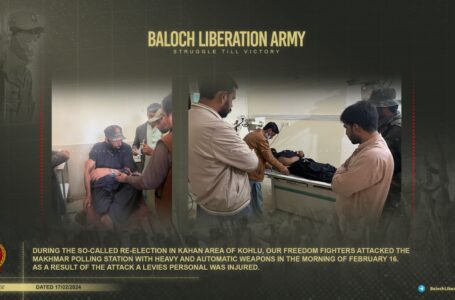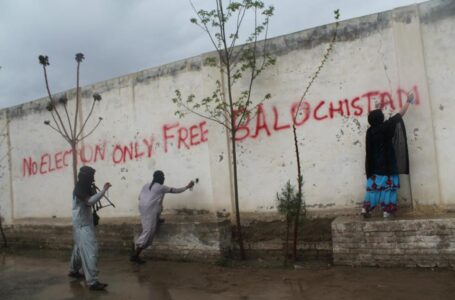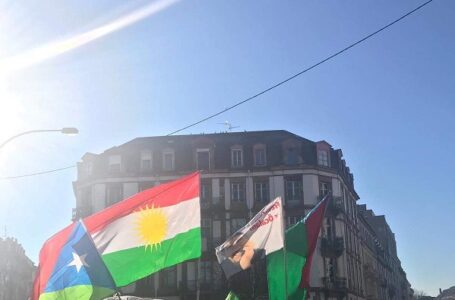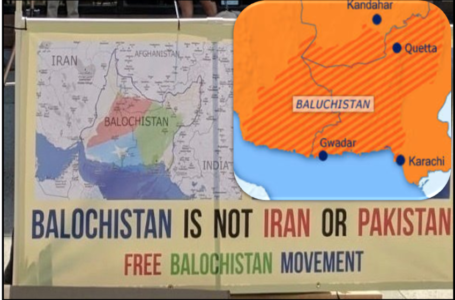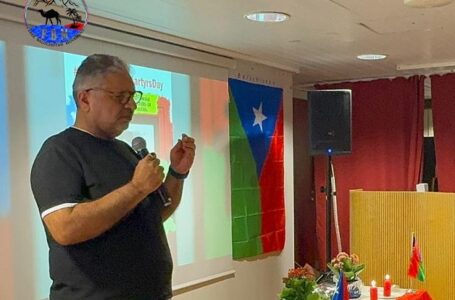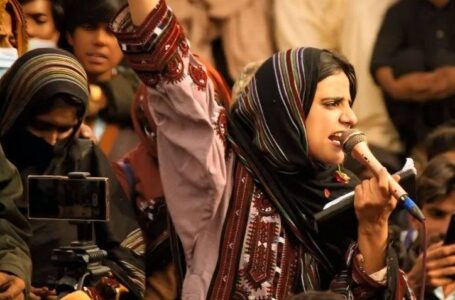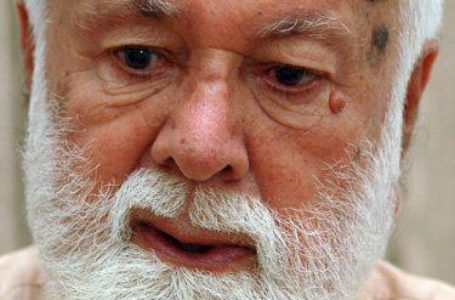Israel’s decisive Attack on Iran a Significant Opportunity for Baloch National Independence: FBM
Unyielding Spirit: Baba Nouroz Khan Zarakzai and Baloch Martyrs
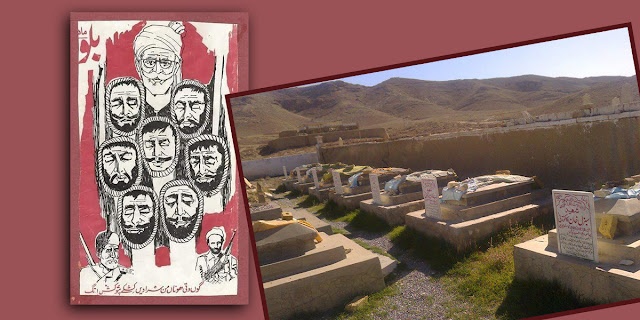
By Bakhtawar Baloch
Balochistan, the land of beauty, our motherland, has a long history and ancient civilization. The ancient civilization of Mehrgarh in Balochistan has always been majestic evidence of its existence, dating back to 7000 BCE. The origin of Balochistan is neither new nor confined to the 1900s. Balochistan had been a free nation for centuries, facing powerful invaders like the Persians, Mughals, British, and now Pakistan.
According to research conducted by Muhammad Javed and Professor Dr. Mehboob Ali, during the European Renaissance period, the British sent an agent, Ghulam Sarwar, in 1783 from Lucknow to Balochistan to gather information, but the sole purpose was to plunder the wealth of this resourceful nation. Similarly, in 1810, after learning about Balochistan geographically, socially, and politically, the British sent Henry Pottinger and Charles Christie, and this time they succeeded in colonizing free Balochistan. Despite facing many hurdles, Meer Mehrab Khan started a war against the British and embraced martyrdom on November 13, 1839. For decades, the British ruled Balochistan, but the Baloch fought for their freedom with bravery, honesty, and commitment. On August 11, 1947, the Khan of Kalat, Meer Ahmed Yar Khan, declared Balochistan a free and liberated nation legally. Unfortunately, after seven months of independence, the fascist state of Pakistan and its cunning leaders occupied Balochistan on March 27, 1948, through fraudulent tactics.
Since the forced accession of Balochistan to Pakistan, Balochistan has been ground in the mills. In 1949, the younger brother of the Khan of Kalat, Prince Abdul Kareem Ahmedzai, along with his companions, started a rebellion against the forced occupation of Balochistan. They sought exile in Afghanistan for support but received no response as Afghanistan had its interest in the seaports of Balochistan. Returning to Pakistan after one year, he was detained and imprisoned.
Another renowned and prominent Baloch nationalist leader and rebel who devoted his entire life to the liberation of Balochistan was Baba Nouroz Khan Zarakzai, known as Dada-e-Balochistan. He was born in 1875 in the house of Sardar Pasand Khan Zarakzai in the Zehri district of Khuzdar. He was the Nawab and leader of the Zehri tribe in the Jalawan area of Kalat.
Baba Nouroz Khan Zarakzai was a humble, kind-hearted, and lenient person. Yet, when it came to the struggle for freedom and nationalism, he was unwaveringly strict and remained disciplined. He was a paragon of discipline and determination.
Baba Nouroz Khan worked as a civil servant for two years from 1908 to 1910, but when his brother Nawab Muhammad Khan began a war of national liberation against the British, he resigned from his job and accompanied his brother, standing with him through thick and thin in the national movement. Baba Nouroz Khan devoted his entire life to participating in and leading rebel movements. From 1914 to 1932, he led the anti-British movement.
In 1922, he was arrested and sentenced to life in prison. Initially, he was sent to Kala Pani Jail in Much, but eventually, he was shifted to Sukkur Jail, where he met Mulla Mehr, who was impressed because of his ideology and activities. With the help of Mulla Mehr and two other friends, Nouroz Khan escaped from Sukkur Jail under the cover of night. The British were worried about his escape and feared facing another front from him. They offered reconciliation by forming a state from Surab to Lasbela and making Baba Nouroz Khan its Nawab and leader. However, he refused the agreement, prompting the British to issue an arrest warrant against him.
Initially, Baba Nouroz Khan opposed the forced annexation of Balochistan to Pakistan, but when the One Unit policy was formed on November 22, 1954, merging most areas of Balochistan, it was unbearable for him. Angered, he and 150 companions went to the mountains and started a rebellion. However, Chief Martial Law Administrator Ayub Khan, with the Quran in hand, summoned the rebels from the mountains, guaranteeing their safety. On May 15, 1959, Baba Nouroz and his companions came down, saying, “We will offer reverence to this Holy Book, but we will not surrender.” However, the cunning leaders of the cruel state disregarded the Quran’s reverence, profaned it, and seized them into custody.
On July 15, 1960, seven leaders: Batey Khan, born in 1935 and the son of Nouroz Khan, Bahawal Khan Musiyani, born in 1930, Musti Khan Musiyani, born in 1915, Sabzal Khan, born in 1928, Jamal Khan, born in 1915, Ghulam Rasool, born in 1920, and Wali Muhammad, born in 1925, were hanged. Three of them were hanged in Sukkur Jail while four were in Hyderabad Jail.
When the armed men informed them of their impending execution, Batey Khan said, “We are not afraid of danger. We are ready to sacrifice everything for our beloved land.”
After the execution, the bodies were brought to Baba Nouroz for the last visit. He twisted the moustaches of Batey Khan and said, “Batey Khan is not just my son; they are all my beloved sons. They are not dead, but alive and thriving. Those who disregarded the Quran and betrayed us are the ones who have truly perished.” He also told the people, “Don’t mourn or cry; they are not dead. Instead, consider them as newlyweds, infusing a new spirit of rebellion in the lives of the Baloch.”
Baba Nouroz Khan Zarakzai, a champion for Baloch rights, breathed his last on December 25, 1965, leaving behind a rich legacy for Balochistan. They are not with us, but their memories and legacies endure. As Sabzal Khan once said, “A man could die, but memories live on in the world.”


